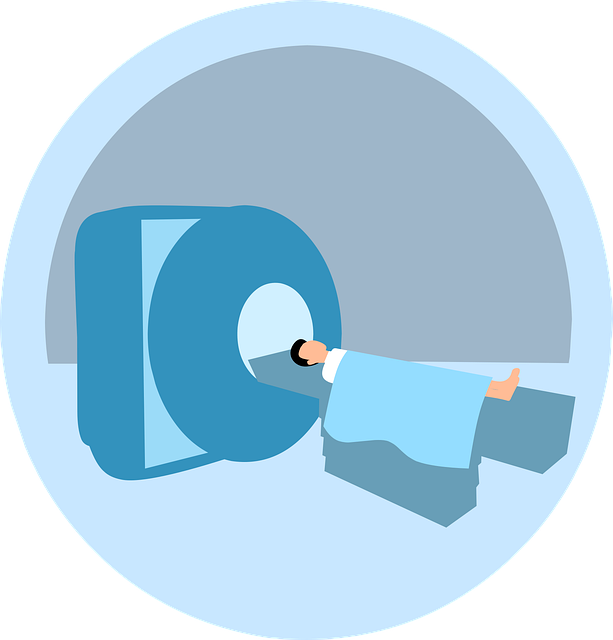A car accident can be a traumatic experience, both physically and emotionally. One of the most common injuries resulting from a car accident is neck pain from whiplash, especially in rear-end collisions. Neck pain after a car accident can be a sign of a serious neck injury, but it can also be a normal part of the recovery process.
How Do I Know If My Neck Injury Is Serious?
If you experience neck pain after a car accident, it's important to seek medical attention. A medical evaluation can help determine the severity of your neck injury and rule out any further injury to the spinal cord.

If you experience severe pain after a car accident resulting in a whiplash injury or any of the following symptoms, talk to your medical provider and seek medical attention immediately:
- Numbness or tingling in your arms or legs
- Muscle weakness
- Difficulty walking
- Loss of bladder or bowel control
- Severe headache after a car accident
These symptoms could indicate a more serious injury, such as a neck sprain, herniated disc, or damage to the spinal cord and resulting in long-term chronic pain.
Is It Normal for Neck to Hurt After a Car Accident?
It is normal to experience neck pain after a car accident, even if you didn't sustain any obvious injuries. Soft tissue injuries, such as whiplash, can cause pain and stiffness in the neck muscles. Whiplash is a common neck injury that occurs when the head is suddenly jerked forward and then back.
Neck Injury Symptoms After a Car Accident
- Neck pain and stiffness
- Headaches
- Dizziness
- Fatigue
- Muscle spasms
How Long Does Neck Pain from Whiplash Take to Heal?
The recovery time for neck pain whiplash varies depending on the severity of the injury. Most people recover from whiplash-type injuries within a few weeks, but some may experience chronic neck pain. Chronic neck pain is defined as pain that lasts for more than three months.
Diagnosing Whiplash
Whiplash is typically diagnosed based on a physical examination and a review of medical records of the patient's symptoms. Diagnostic tests, such as X-rays or MRI scans, may be ordered to rule out more severe injuries.

Treatment options for whiplash include:
- Pain medication to relieve neck pain
- Physical therapy to strengthen the neck muscles
- Applying moist heat or a heating pad wrapped in a gentle cloth to decrease swelling
- Massage therapy to reduce pain and stiffness
- Wearing a neck collar to support the neck muscles
- Diagnostic tests such as magnetic resonance imaging (MRI) to determine the extent of the injury

How Do You Describe Neck Pain After an Accident?
Neck pain after a car accident can vary in intensity and location. You may experience a dull ache or sharp pain in the neck muscles. The pain may be localized to one side of the neck or spread throughout the entire neck. If you have been experiencing neck pain after a car accident, you should contact your doctor immediately.
Other common symptoms of neck injuries include:
- Stiff muscles
- Muscle weakness
- Pinched nerves
- Torn ligaments
- Facet joint pain
It's important to seek medical care if you experience neck pain after car accidents, as delaying treatment can lead to long-term complications, chronic pain, and other whiplash-associated disorders.
Conclusion
Whiplash is a common injury that can occur after a sudden impact, such as a car accident or sports collision. Symptoms of whiplash-type injuries can range from mild neck pain to more severe neurological symptoms. It is important to seek medical attention if you experience any symptoms of whiplash after a sudden impact.
Treatment for whiplash can include rest, over-the-counter pain relief medication, physical therapy, or prescription medication. In more severe
In severe cases, whiplash can cause long-term complications and chronic, severe pain afterward. It is important to seek medical attention as soon as possible after a car accident or other traumatic event to prevent long-term damage causing pain.
Common treatments for whiplash include pain medication, physical therapy, and the use of a neck brace or collar to reduce pain and muscle strain and prevent further injury. Muscle relaxers may also be prescribed to help relieve muscle spasms and neck and reduce neck movement loss.
Diagnostic tests, such as X-rays, CT scans, and MRI scans, may be used to determine the extent of the injury and rule out more severe injuries to the spinal cord or other areas of the neck.
In many cases, minor whiplash itself can be treated effectively with rest and conservative medical treatment. However, more severe injuries may require surgery or other more aggressive forms of treatment.
It is important to note that not all whiplash neck injuries are caused by car accidents. many Whiplash injuries can also occur in contact sports, falls, and other types of accidents where sudden force is applied to a person's neck.
If you have been involved in a car accident resulting in whiplash or other neck injuries, it is important to contact your insurance company as soon as possible to begin the claims process and cover medical bills.
In conclusion, whiplash is a common injury that can result from car accidents and other traumatic events. It is important to seek medical treatment and follow a doctor's advice to treat whiplash effectively and prevent long-term complications. By taking steps to prevent whiplash, such as wearing a seatbelt and adjusting headrests properly, individuals can reduce their risk of suffering from this painful injury.
FAQs
What is a whiplash injury?
A whiplash injury occurs when the head is suddenly and forcefully thrown back and forth, causing damage to the muscles, ligaments, and nerves in the neck.
What are the common causes of whiplash injuries?
The most common cause of whiplash injuries is car accidents, particularly rear-end collisions. However, they can also occur during sports activities or physical assaults.
What are the symptoms of whiplash injuries?
The symptoms of whiplash injuries can vary, but common ones include neck pain, back pain, headaches, dizziness, reduced ability to concentrate, ringing in the ears, blurred vision, and difficulty sleeping.
Why is it important to seek medical treatment for whiplash injuries?
It is important to seek medical treatment for whiplash injuries, even if the symptoms seem minor, to avoid potential long-term complications. A medical professional can evaluate your injuries and develop a treatment plan to help you recover.
When should you contact an attorney after a whiplash injury?
If you have suffered a whiplash injury in a car accident, you may be entitled to compensation for your injuries. It is important to contact an attorney who specializes in whiplash-diagnosed personal injury law to help you navigate the complex legal process and ensure that you receive the compensation you deserve.

